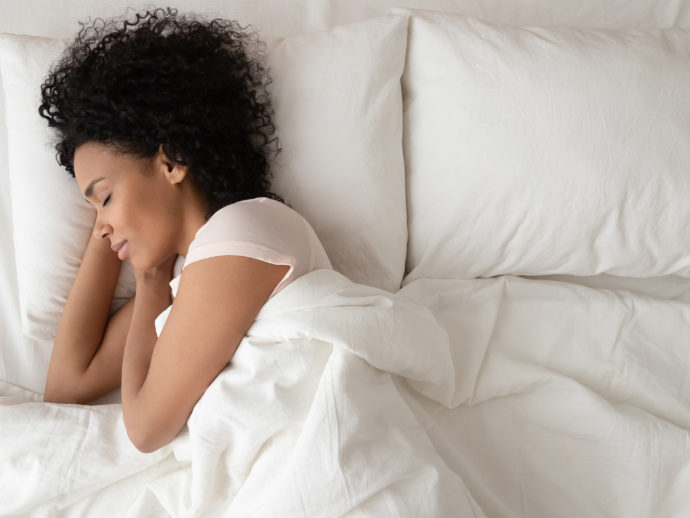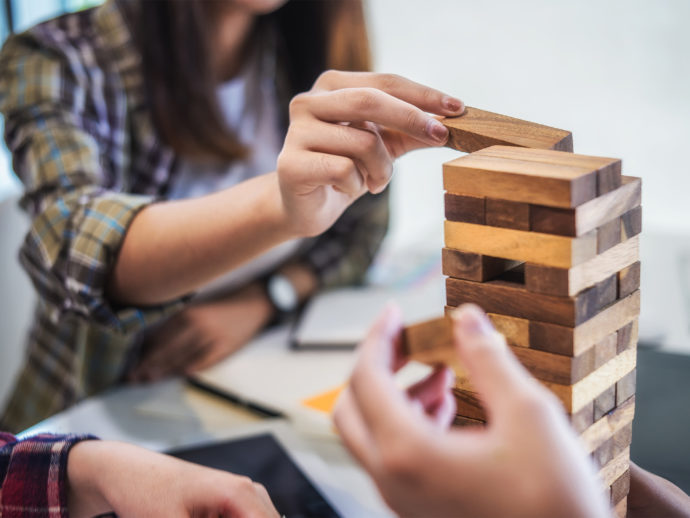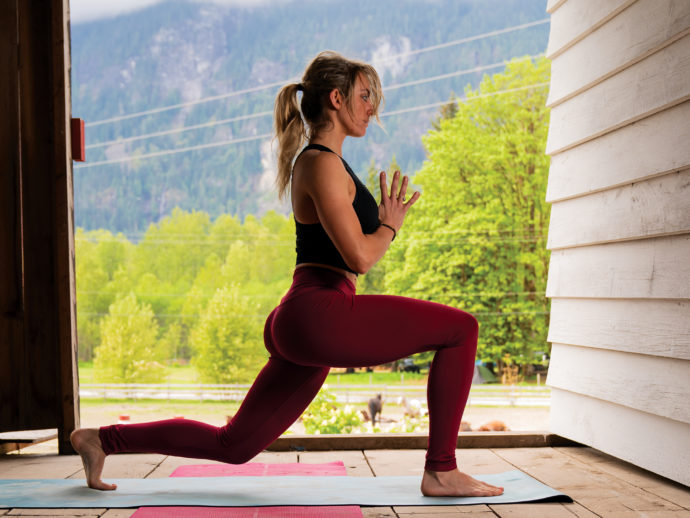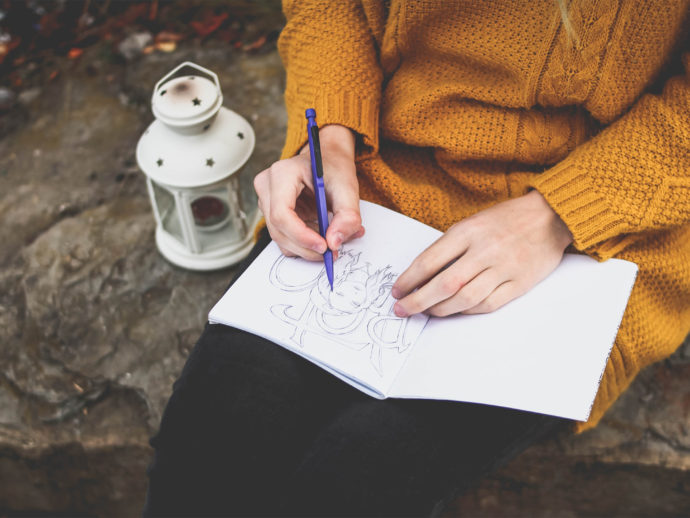
Getting better sleep is probably the most underutilized strategy we can adopt for better health, and it’s never been more vital to tap into its power. Research scientists are spending many waking hours learning about the critical importance of sleep to our mental and physical health, including its role in immune health and fending off viruses.
What exactly is insomnia?
According to the Merck Manual, insomnia is “difficulty falling or staying asleep, early awakening, or a sensation of unrefreshing sleep.” It’s a common problem, and even more so for women.
What might cause insomnia?
Several factors may alter sleep patterns and reduce melatonin production, leading to insomnia. (Melatonin is a hormone that helps you fall asleep.) These factors include
- anxiety and depression
- shift work (common for health-care and emergency workers, for example)
- in women: hormonal changes (for instance, during menstruation, pregnancy, perimenopause/menopause)
- restless leg syndrome (involves uncomfortable sensations in the legs and the irresistible urge to move them)
- obstructive sleep apnea (a condition where breathing stops and starts during sleep; it’s often underdiagnosed in women)
- use of substances like caffeine and alcohol
How does insomnia affect health?
Lack of sleep weakens the immune system, making us more prone to infections. Reduced sleep is also associated with glucose intolerance, insulin resistance, reduced acute insulin response to glucose, and increased hunger signals, “thus predisposing individuals to type 2 diabetes,” according to a 2017 review. Growing data has also documented associations between sleep deprivation and risk of cancer (especially breast cancer), heart disease and stroke, and depression.
Tips for sleep
Build a routine
Go to bed and get up in the morning at a consistent time. Allow for at least seven to eight hours of sleep.
Exercise at optimal times
- Engage in aerobic activity, like a YouTube workout, for at least 30 minutes a day.
- Exercise earlier in the day, if possible, if you have trouble sleeping after vigorous activity before bed.
- Try gentle stretching exercises before bed, which may enhance relaxation.
Reduce your stress
This can be challenging given recent global events, and you may need to use strategies you’ve never tried before. Engage in soothing daily practices like meditating or listening to peaceful music.
Drink smarter
Avoid use of caffeine and alcohol. Enjoy camomile or passionflower tea at bedtime instead. Alcohol before bed may increase anxiety, worsen insomnia, and decrease sleep quality.
Banish electronics at bedtime
Avoid use of tablets, smartphones, or screens directly before or in bed.
Address obstructive sleep apnea
It’s essential to discuss your concerns with a health care practitioner to determine the best treatment strategies for you.
Consider natural products and approaches for sleep
Always talk with your health care practitioner before trying a new supplement. Some natural health products benefit sleep by promoting relaxation, signaling sleep, and helping to reduce excessive activity of the central nervous system. These include
- melatonin
- magnesium
- valerian
- passionflower






